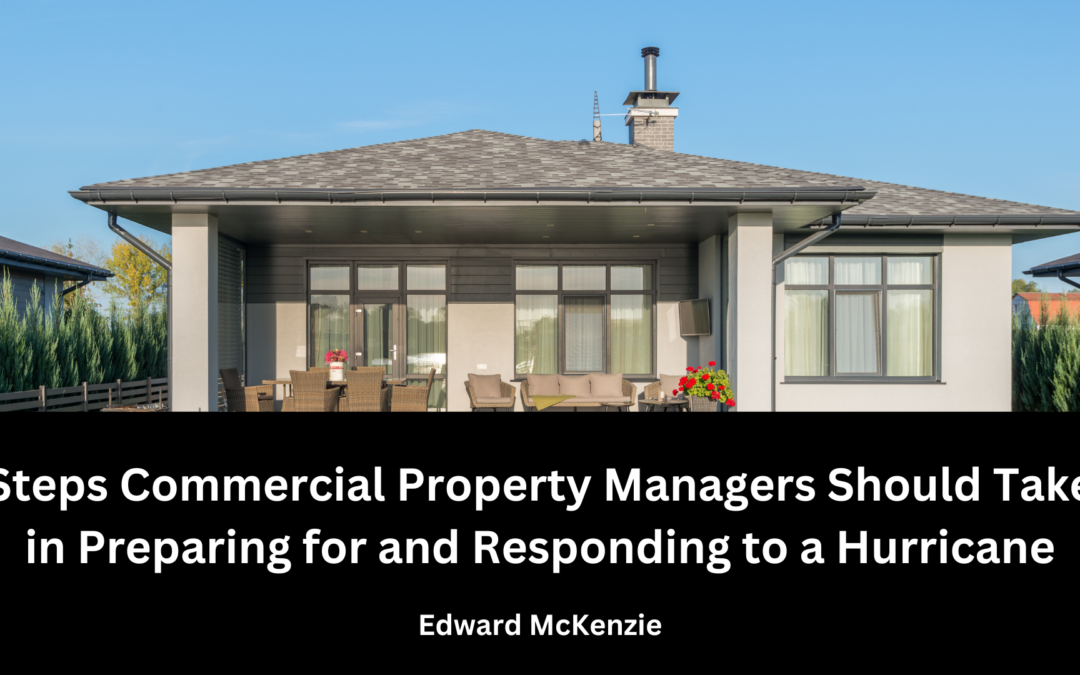The NOAA reported 15 named storms and seven hurricanes during this year’s hurricane season. Although these storms can be powerful, they can also affect a wide area and threaten people and property. To minimize the effects of these natural disasters, our team has created a list of 15 tips to help reduce the risk of damage to your commercial property.
Ensure your building is up to date
Before a hurricane hits, ensure your building is built to code. Also, make sure that you have the necessary updates to your facility. Many commercial and industrial structures along the Gulf Coast were constructed to withstand hurricane-force winds.
Understand your responsibilities
Make sure that you understand your lease agreement. This document should clearly state what you’re responsible for.
Get insurance
You should also have flood and insurance policies in place. However, if your property is in the path of the storm, getting insurance coverage is not possible.
Take stock of your assets
Before a hurricane hits, take some photos and videos of your building. This can be used later on to claim insurance.
Prepare for a flood
If you’re on the ground floor, make sure that all of your loose items are placed high enough to prevent them from getting carried away by the flood.
Clear off outside areas
You will want to take any piece of furniture or loose item and move it from its space, whether that’s an outdoor common area, deck, or patio.
Update your emergency contacts
In case of an emergency, you’ll always want to have someone the paramedics can reach out to. Update your emergency contact information and pay close attention to the evacuation orders.
Have a safe room for files
Make sure that all of your computers are in the cloud and are moved to a secure room. If they can’t be taken out, put a garbage bag over them and secure them with duct tape.
Communication plan
Property managers should update their tenant communication plan and list of phone numbers of their tenants in case of emergencies.
Prepare your generator in advance
If you have a generator, make sure that the fuel is topped off and that it has been tested. Also, make sure that you have access to the fuel on the backside of the storm.
After a hurricane
If you see that your building is damaged or flooded, it’s important that you stay away from it. There could be various issues inside the building, such as damaged electrical lines and structural issues leading to walls or roofs caving in.
Getting your building back to its former state could take a long time. Having a contractor come out and fix it could take a lot of work, and finding the necessary materials might not be possible. Don’t forget to check with your tenants to ascertain the issues and damage.

